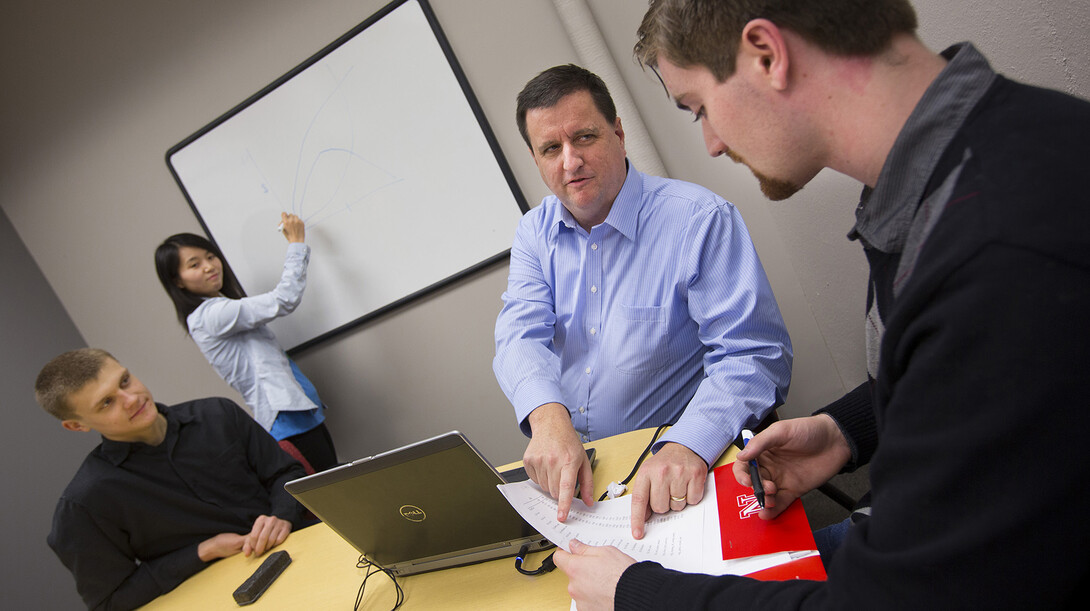
Nebraska consumers and Nebraska businesses continue to diverge in their outlook for the state’s economy, according to the latest surveys conducted by the Bureau of Business Research at the University of Nebraska-Lincoln.
Although the February Survey of Nebraska Households showed some improvement in consumer confidence since January, consumers who believe they’re losing economic ground continue to outnumber those who believe they are better off.
Nebraska businesses, however, tended to be more upbeat about their prospects for the next six months, particularly when it comes to jobs. The February Survey of Nebraska Business showed that 97 percent of responding business owners and managers expect their employment to stay the same or increase in the next six months. According to the February survey of households, Nebraska’s Consumer Confidence Index stood at 91.6, an increase from the 84.7 reported in January, but still considerably below the neutral baseline of 100.
Eric Thompson, a UNL economist who is director of the bureau, said February’s increase in consumer confidence likely resulted from the stock market stabilizing in late February after the significant declines seen in January.
But establishing strong consumer confidence in Nebraska likely will require bigger paychecks, he added.
“Weak consumer confidence may reflect limited growth in real wages in Nebraska over the last 15 years,” Thompson said. “A sustained period of real wage growth may be necessary to create a positive consumer outlook.”
Households reported their top financial concerns were the cost of living, cited by 18 percent; paying off debt, cited by 17 percent; and taxes, cited by 10 percent.
Both surveys showed elevated concern about taxes, Thompson said, with 16 percent of those responding to the business survey choosing taxes as their top concern.
Businesses owners and managers were somewhat pessimistic about sales, with 20 percent expecting sales to increase and 24 percent expecting a decline.
The surveys are sent each month to 500 randomly selected Nebraska businesses and households. In February, 115 businesses responded to the Survey of Nebraska Business, for a response rate of 23 percent. There were 150 respondents to the Survey of Nebraska Households, for a response rate of 30 percent.
For more information, the full survey report is available on the Bureau of Business Research website.







